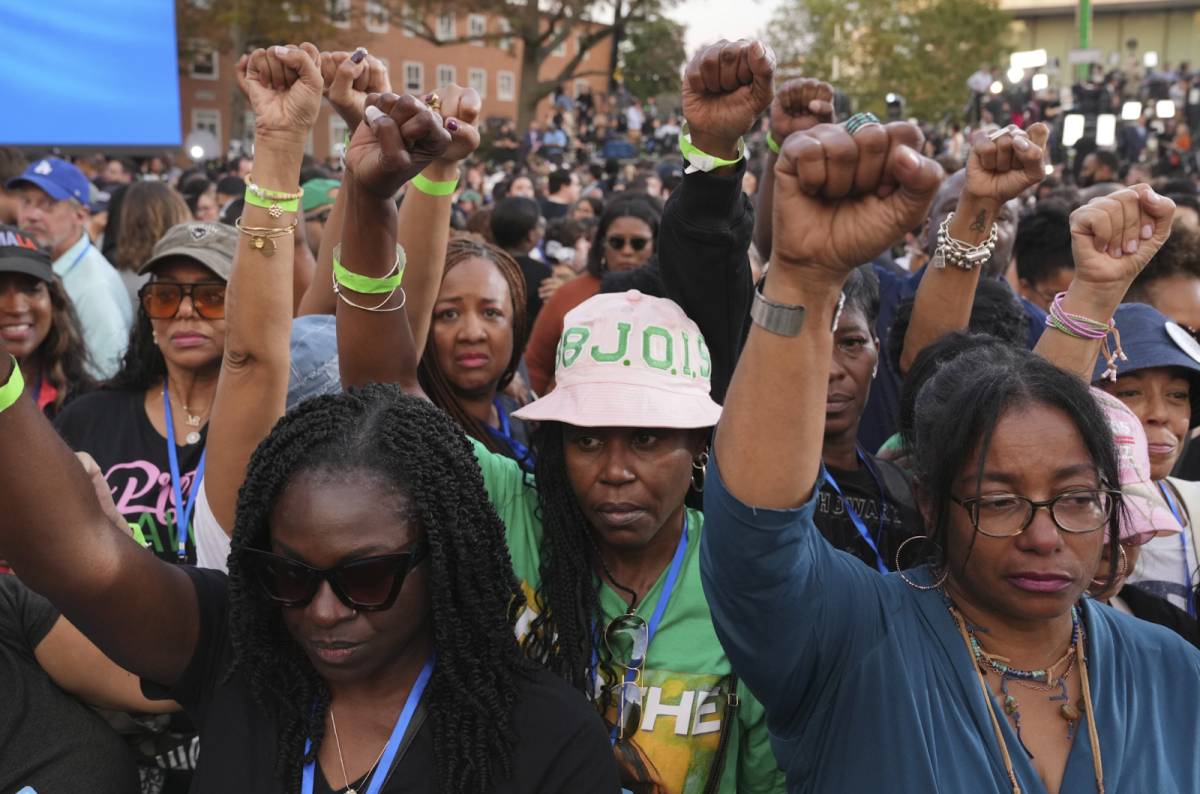
We are all sick of discussing the COVID-19 pandemic still going on right now. However, since this is written for a school with a student body of which 71% of students are in the top 20% of national incomes, I feel this is the perfect opportunity to discuss the privilege that should be recognized through this time. There are obvious indicators that there is a clear divide between wealth and lifestyle in the United States, but now the virus has put perspective on a lower, more visual scale outside of the statistics. This summer, I worked for the same country club that I have worked for during the last few years. Other than lifeguards wearing masks, limiting numbers permitted into the swimming area and taking down names at the sign-in, it seemed like nothing was different about this particular summer. A fellow lifeguard looked around one day and commented “Isn’t it crazy that the rich people can escape it all? They have all of this space outside and activities to do. It is just unreal to me.” It did seem unreal. While the members were doing things within the state’s COVID-19 guidelines and obeying our own rules, it was still like their money granted them a loophole in a time of international struggle. If they were exposed to the virus this summer either from the club or from their activities outside of it, they have health insurance to cover medical implications and most have jobs that allowed them to work remotely. The risk of getting sick was miniscule compared to the reward of getting the most entertainment for their money. On the tennis courts, at the restaurant and at the grill by the lake, the world crashing in on itself wasn’t an imminent concern. In fact, the world of privileged higher education is like a larger scale of the country club.
Wake Forest and similar schools are perfect examples of the bubble of privilege around the virus, especially in regards to fun and entertainment. Many of these universities have gone completely online or, like Wake Forest, have placed strict rules on gatherings. But that has not stopped the students of comfortable financial standings from finding ways to make college seem closer to normal. For example, I know students at Lehigh University with strictly remote classes. A large number of students were quick to rent out off-campus homes to live and party – or to simply escape months of living with their families – for the semester.
The opportunity to … socialize with friends during a pandemic … is quite a privilege.”
Wake Forest has a very similar situation of off-campus living, although a large reason for that was the lack of space to place students who didn’t go abroad and to fit more COVID-19 – friendly singles on campus. (As a disclaimer, I secured an off-campus apartment this year after the cancellation of abroad programs, so I am not just generalizing, but speaking from personal experience and observation.) Many may not recognize that the opportunity to have a separate space to advance in your studies and socialize with friends during a pandemic and national economic crisis is quite a privilege.
Besides socializing in apartments and homes in college towns, children of wealth such as those at Wake Forest have options: options to go out to dinner, to bars, to shop and to live lavishly on top of paying tuition for a primarily internet-based education.
There is nothing inherently wrong with this if these students are following guidelines of mask wearing, social distancing, quarantining, but if they are completely disregarding all rules, it seems that the privilege results in a detriment to society. Students have off-campus gatherings in the households they can afford and are stretching the number of people going to businesses in Winston-Salem.
With this opportunity to have fun and not stay quarantined in their respective hometowns comes the possibility of even further spread of the virus. So, while wealth and the capacity to spend and live a life that resembled the past may be helping the very few to cope with the dullness and uncertainty of this pandemic, life is very much the opposite for much of the U.S. and beyond.
Students and people outside of universities with economic advantages must reflect on the access they have to a more real-seeming life right now and actively ensure that they are still working to stop the spread and to make it easier on those without that ability.













